

2019-10-09 16:46:00 Wed ET
federal reserve monetary policy treasury dollar employment inflation interest rate exchange rate macrofinance recession systemic risk economic growth central bank fomc greenback forward guidance euro capital global financial cycle credit cycle yield curve
IMF chief economist Gita Gopinath indicates that competitive currency devaluation may be an ineffective solution to improving export prospects. In the form of gradual interest rate cuts, Chinese expansionary monetary policy decisions help stimulate domestic demand for consumption goods, services, and capital investments.
However, this monetary expansion may inevitably weaken the Chinese renminbi against the U.S. dollar and other core OECD currencies. This competitive currency devaluation renders Chinese exports more affordable. Meanwhile, this currency devaluation reduces global demand for more expensive Chinese imports. In the broader context of international trade, nevertheless, the recent empirical evidence shows that each 10% currency depreciation improves the trade balance by only 0.3% of real GDP economic output ceteris paribus. This evidence remains robust after the econometrician takes into account multi-year exchange rate fluctuations in response to interest rate cuts and other expansionary monetary policy decisions.
In light of these robust results, monetary expansion alone is unlikely to cause the large and persistent currency devaluation that the central bank needs to stimulate economic growth, employment, and capital accumulation. This economic insight further applies to the recent dovish interest rate cuts that the U.S. Federal Reserve institutes in response to a vocal president.
If any of our AYA Analytica financial health memos (FHM), blog posts, ebooks, newsletters, and notifications etc, or any other form of online content curation, involves potential copyright concerns, please feel free to contact us at service@ayafintech.network so that we can remove relevant content in response to any such request within a reasonable time frame.
2018-12-23 13:39:00 Sunday ET
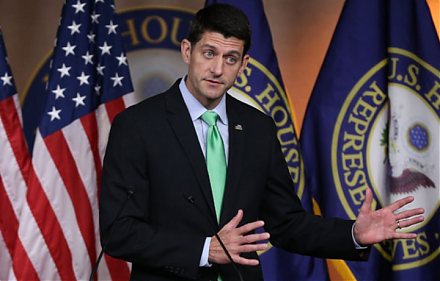
The House of Representatives considers a government expenditure bill with border wall finance and therefore sets up a shutdown stalemate with Senate. As fre
2018-02-01 07:38:00 Thursday ET
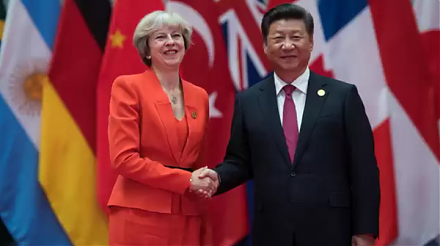
U.S. senators urge the Trump administration with a bipartisan proposal to prevent the International Monetary Fund (IMF) from bailing out several countries t
2019-02-25 12:41:00 Monday ET
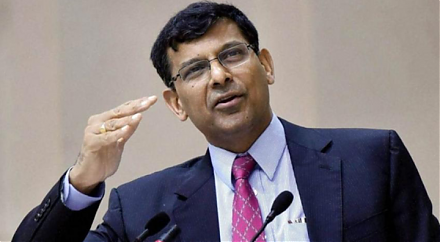
Chicago financial economist Raghuram Rajan views communities as the third pillar of liberal democracy in addition to open markets and states. Rajan suggests
2019-08-06 07:28:00 Tuesday ET
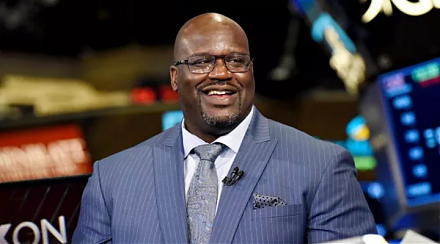
Former basketball star Shaq O'Neal has almost quadrupled his net worth once he learns and applies an ingenious investment strategy from Amazon Founder J
2018-03-03 11:37:00 Saturday ET
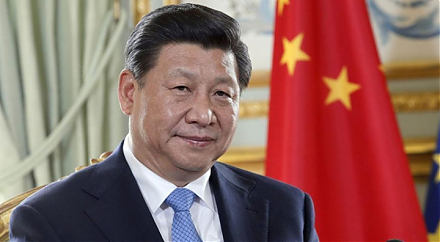
President Xi seeks Chinese congressional approval and constitutional amendment for abolishing his term limits of strongman rule with more favorable trade de
2019-05-17 15:24:00 Friday ET

A Harvard MBA graduate Camilo Maldonado shares several life lessons and wise insights into personal finance. People can leverage stock market investments an